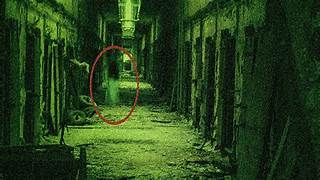One of the problems with science, in my opinion, is that it has a boundary which it is reluctant to breach. If we label something as a law or a theory, then we are assigning a boundary to our knowledge, and I believe this to be a dangerous precedence. We stop making other assumptions and accept what we are told as the truth, but how do we actually define the word `truth`?
Scientists are human beings which means that they are not infallible, they are just as likely to be subjected to human error as the rest of society. We should also consider researcher bias, which is a process where scientists can influence the results of an experiment they are conducting, perhaps by failing to recognise all possible variables.
Returning to the subject of boundaries, this is evident as mainstream science is reluctant to investigate phenomena outside of its existing remit, and it needs to expand this remit in relation to parapsychological phenomena.
We are told that there is `no evidence` to suggest the existence of extra-terrestrial UFOs or non-human entities. Contrary to this statement, my own research suggests that there is significant and substantial evidence to support the theory that non-human entities have been present on Earth for a number of years. Science simply refuses to accept this.
Belief in the paranormal is global, and science is not in a position to explain absolutely everything [yet]. Paranormal experiences deserve more complex investigations and should not be easily dismissed as by the scientific community as delusions, cognitive defects, or overactive imaginations.
Roger Mallett


Leave a Reply